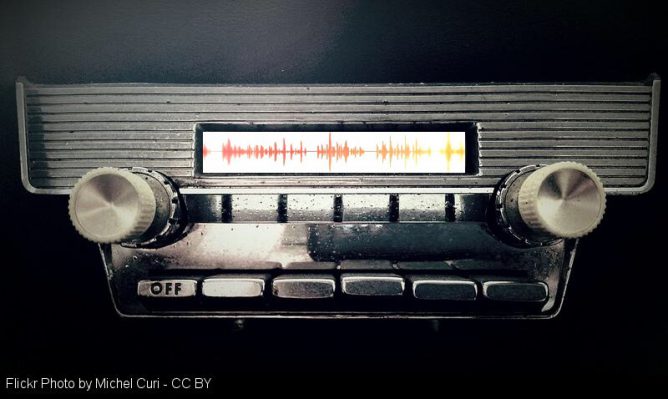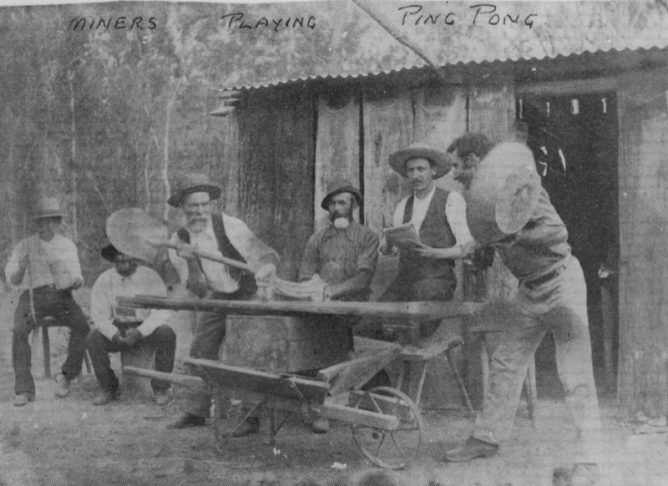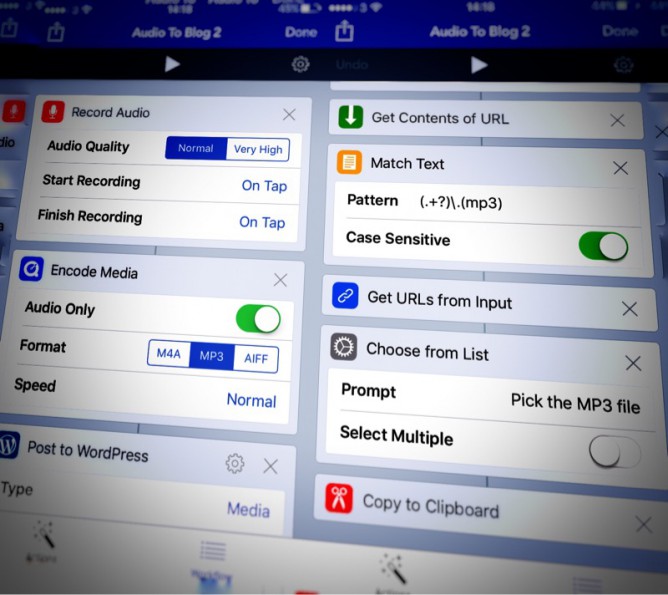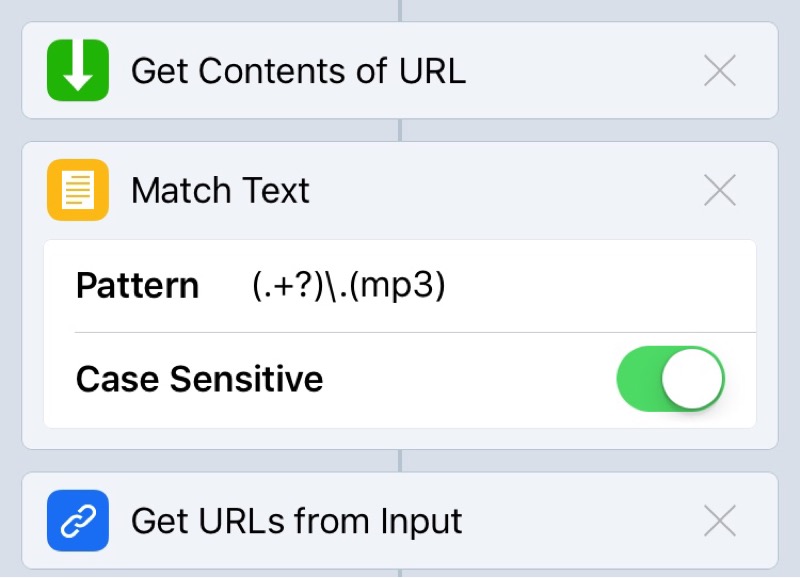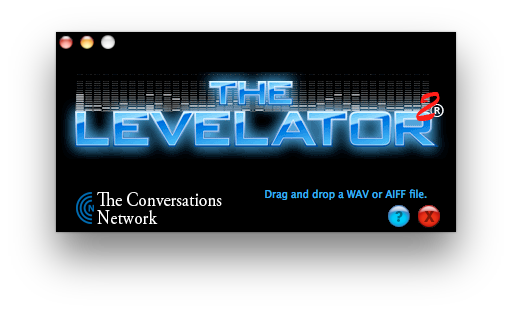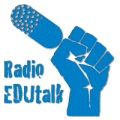I am a pretty regular podcast listener, mostly while commuting. Recently though I’ve been listing to iPlayer radio on the drive home. I listen to today on the way in. This week I’ve restarted the podcast habit.
I’ve listened to one old friend and a couple of new ones. The old friend is
Today In Digital Education
A regular podcast from Dai Barnes and Doug Belshaw about education, technology, and everything in between.
I always enjoy this podcast as it roams education and tech. This weeks episode was particularly interesting as Dai & Doug were talking about Facebook and in particular the recent posts from Mike Caulfield which I’ve been following1
The ED Files The truth is out there?
A fortnightly podcast about UK education for and about teachers, teaching, government policy and other things…
By Alex Weatherall and Leon Cych
I listened to episode 1 which was mainly about the Michaela school. This seems to have generated a lot of tweets south of the border and it was good to hear some details. I’ll be adding The ED Files to regular listening.
The final podcast I listened to was CPDin140 – Kevin Hodgson. This is the first of a series of podcasts by Ian Guest. The episodes are interviews in Ian’s PhD research on Twitter for professional development. Kevin’s, who I’ve bumped into online was a great first guest. Again I’ll be listening regularly.
I am particularly delighted that Ian is posting these interviews on Edutalk starting a new ‘channel’ CPDin140 | EDUtalk. I’ve always imagined edutalk growing to include a range of show. Ian, of course, has contributed a lot of podcasts to edutalk via audioboom over the last few years.
I’ve not done as much broadcasting/podcasting on Radio Edutalk as I usually do. I am struggling to find time to organise my self and contact posssible guests. I have thoroughly enjoyed the ones I have done, if you have something to say about education and are free of an evening on A Wednesday at 8 please get in touch.
*featured image 1959 6-Tube Pushbutton AM Radio | Happy #ThrowbackThursday 1… | Flickr by Michel Curi | Flickr CC-BY. With a wee edit. *
- the post Banning Ads Is Nice, but the Problem Is Facebook’s Underlying Model | Hapgood is especially great, I am fascinated by the affects and affordances of interface. Facebook are master1959 6-Tube Pushbutton AM Radio | Happy #ThrowbackThursday 1… | Flickr of proving a UI that gets uses to do what FB want them to. ↩

